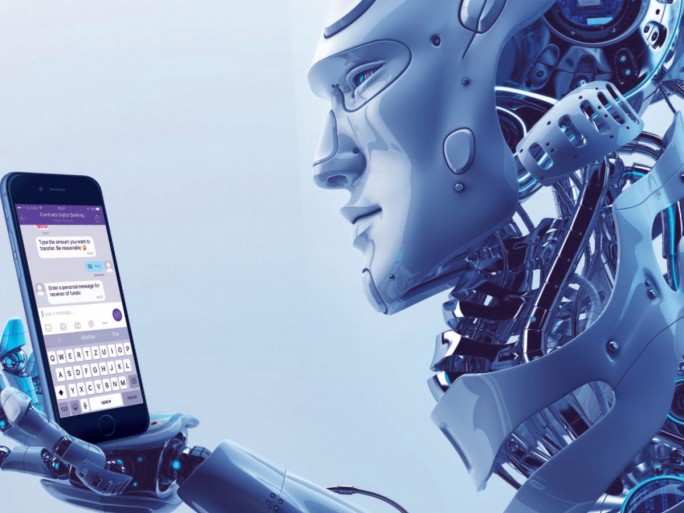Consumers Open to the Use of AI Chatbots in Customer Service

One in five consumers would be prepared to do without human customer service altogether if AI chatbots offered faster and better support.
These are the findings of the current “Trendmonitor Deutschland – Einsatz von KI-Chatbots im Kundenservice” (Trend Monitor Germany – Use of AI chatbots in customer service), for which Nordlight Research examined the potential, target groups and prospects for the use of intelligent chatbots in customer service.
Despite this openness, interpersonal contact remains important for 75 percent of consumers, at least as an option. In addition, 47 percent still express uncertain or ambivalent feelings about the increased use of AI chatbots in customer service.
Specific expectations of the target groups
Service-oriented companies – such as insurers, energy suppliers, telecommunications companies, banks, health insurance companies or travel providers – should therefore carefully examine where and how they can use intelligent chatbots in customer service. Specific expectations, wishes and concerns of different target groups must be taken into account. Equally important is the smooth integration of these chatbots into existing contact channels and technological structures.
The overall picture is that people from younger and middle-aged groups and technology-savvy consumers in particular welcome the increased use of intelligent chatbots in companies’ customer service. Men are slightly more open-minded than women. In general, acceptance increases significantly as consumers become more familiar with AI chatbots.
Advantages and disadvantages of AI chatbots from a consumer perspective
Consumers see clear advantages in the use of AI chatbots compared to interaction with human customer service. The round-the-clock availability, faster responses and shorter waiting times are particularly appreciated. From a consumer perspective, companies benefit from the relief of human customer support (31%). In some cases, chatbots are also rated as more patient (27%), more impartial (25%) and generally more efficient (21%) than conventional customer service.
![]()
However, more than half of consumers currently remain skeptical about the ability of AI chatbots to truly understand the context of customer concerns and offer helpful solutions. A third also consider chatbots to be more error-prone compared to human customer support. Nevertheless, consumers already rate the current performance of AI chatbots as high and expect further significant improvements in the future.
Increase acceptance of own AI chatbots
One of the most important expectations of consumers regarding the use of AI chatbots in companies’ customer service is the ability to seamlessly switch to a human customer service representative when needed (51%). Companies should also clearly state when intelligent chatbots and human service agents are used. The majority of consumers also attach importance to a chatbot recognizing and taking into account personal expectations and interests.
For the study
more than 1,000 German citizens aged 16 and over were surveyed in detail on the acceptance and use of AI chatbots in customer service.